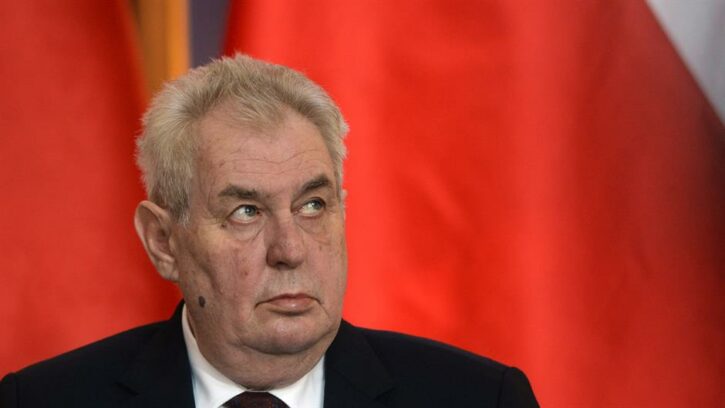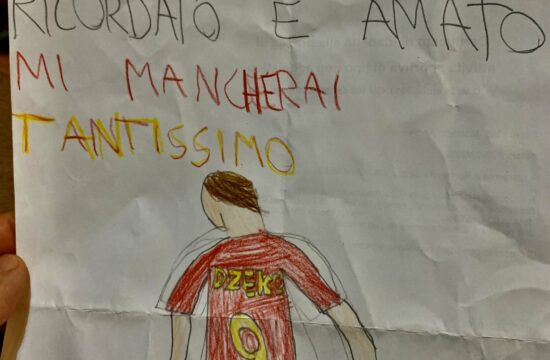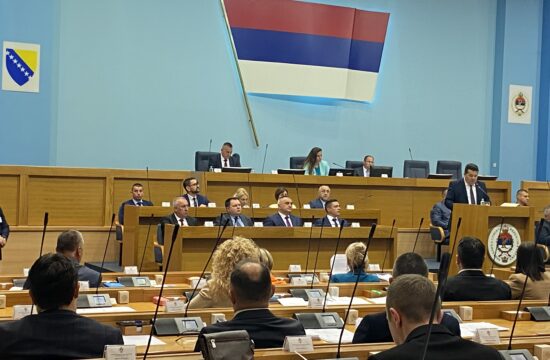
On the eve of celebrating the 20th anniversary of the Czech Republic’s NATO membership, the country’s President Milos Zeman said the Alliance’s bombing of the then Yugoslavia in 1999 was a mistake and that he did not gladly look back at the time, the Beta news agency reported.
Zeman said the Czech Republic was the newest NATO member who joined the Alliance only three weeks before the decision on the bombing to save the Kosovo Albanians from Belgrade’s oppression as it was explained, and that “it would not have been normal for a newcomer to veto the move as the only country to do so.”
“ From a certain distance, I can tell you that was the mistake and to a certain extent an act of the power-based arrogance. The Czech Republic was the last member who voted for the bombing, and I unsympathetically remember that process of decision-making,” Zeman told the CTK news agency in an interview.
The country’s Prime Minister at the time, Zeman gave the green light for the NATO bombing, i.e., opened the sky for NATO planes, but he said that before the decision was made he had been looking for support among other countries for a diplomatic solution.
Though he voted in favour of the bombing, Zeman warned that the intervention aiming at saving the Kosovo Albanians from the humanitarian catastrophe, as it was called, would be absurd if the bombing would lead to the secession of Kosovo.
NATO bombed the rump Yugoslavia composed of Serbia and Montenegro from March 24 to June 10, 1999.
The intervention dubbed the “Merciful Angel” forced Belgrade military and police units out of Kosovo and the then Serbia's leader Slobodan Milosevic signed an agreement in Macedonia's town of Kumanovo on June 10, 1999, which was later translated into the UN Security Council Resolution 1244.
The Resolution provided ground for the UN civilian UNMIK mission in Kosovo in charge of the legal issues, while NATO-led KFOR troops were sent to preserve the security.
The Resolution remained neutral regarding Kosovo's final status.
Pristina declared independence in 2008 and its current leaders demand the annulment of the 1244 Resolution.
Belgrade and Pristina were engaged into a dialogue on normalisation of relations under the European Union auspices, but the talks were on hold since last November after Kosovo introduced the 100 percent import duties on goods from Serbia and Bosnia and had been refusing to lift or suspend them despite the demands from both the US and the EU.




